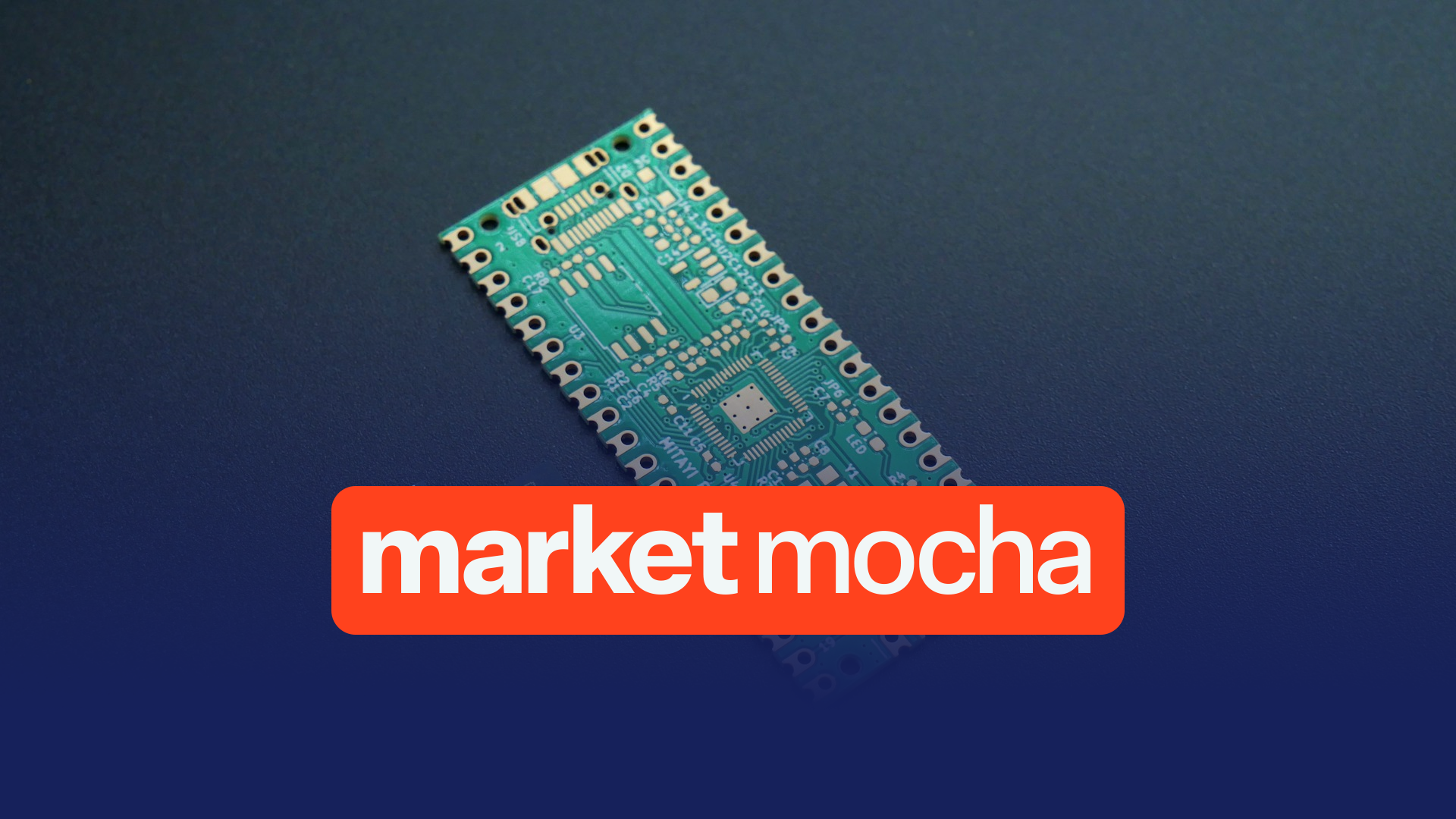Electronics move to a new ‘tariff bucket’ as US trade war escalates; Apple and small businesses brace for impact
President Donald Trump has signalled that smartphones, laptops, and other electronics will not be spared from his escalating tariff campaign, walking back a short-lived exemption granted just days earlier and warning that future levies targeting semiconductors and the broader electronics supply chain are imminent.
In a series of statements over the weekend, Trump denied that a genuine tariff “exception” had ever been granted, saying instead that the affected products were merely being “moved to a different Tariff ‘bucket’.” He promised further detail on Monday about a new national security-focused investigation into semiconductors, adding that “NOBODY is getting off the hook.”
The about-face follows a Friday night announcement from US Customs and Border Protection, which listed smartphones, computers, and some other tech products as exempt from the 125% reciprocal tariff imposed on Chinese imports. The exemption, which analysts saw as a major reprieve for companies like Apple and Nvidia, triggered a sharp rally in tech stocks and was interpreted as a sign that the White House might soften its approach.
But on Sunday, Trump and Commerce Secretary Howard Lutnick confirmed that while the products would not fall under reciprocal tariffs, they would soon be hit with new duties as part of a sector-specific “semiconductor tariff.”
“We need our medicines and we need semiconductors and our electronics to be built in America,” Lutnick said, indicating the new levies would be announced within one to two months. Trump added that the entire electronics supply chain would be reviewed for national security implications.
Markets react to mixed messages
The contradictory signals caused turbulence in both markets and boardrooms. Apple, Dell, and other electronics firms saw a short-term lift after the exemption announcement, but that optimism was dampened by Trump’s public repudiation of the reprieve and threat of new duties.
Capital Economics estimated that the weekend’s developments brought the overall effective tariff rate on US imports down to 22% from 27%—but the firm also warned that the shifting definitions of exemption could lead to increased business uncertainty and potential legal challenges.
“Trump does Tim Apple a solid,” Capital Economics wrote in a note, referencing Trump’s ongoing relationship with Apple CEO Tim Cook. The firm added that Cook’s lobbying success could fuel a rush by other companies to seek similar carve-outs, further politicising the tariff landscape.
Global fallout continues
The electronics move comes against a broader backdrop of tit-for-tat escalation. Trump imposed a 54% tariff on Chinese goods at the start of April, later raising it to 145%. In response, China has increased its own tariffs on US goods to 125%. Beijing has called for the “complete cancellation” of the US tariff regime and warned that it will “fight to the end” if provoked further.
On Monday, Chinese officials reiterated their concerns, describing the global trade outlook as “complex and severe,” but vowed that “the sky will not fall.”
Trump, meanwhile, has continued to frame the tariffs as a necessary tool to revive US manufacturing and protect national interests. “We will not be held hostage by other Countries, especially hostile trading Nations like China,” he posted on Truth Social.





